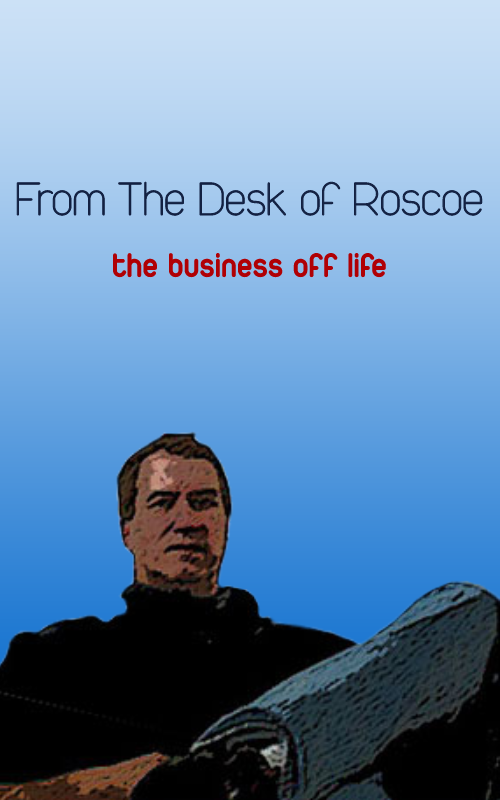I know, let’s do this to the next Supreme Court Nominee. If we want to assess judicial temperament, waterboard the nominee and see if he/she gets mad. If the nominee show a hint of anger or emotion, disqualify them for unacceptable judicial temperament. However, we are not talking about temperament really, we are talking about standards. What standard should we use when judging a person outside of a criminal trial but in a critical role in the U.S. Government? Presumed innocent? Reasonable doubt? Preponderance of evidence? This is apparently a hiring standard not a legal standard. What is the difference, you may ask? There need not be any difference but the standard has gone undefined as far as the Senate is concerned. There are no instructions to the jury about how to view the evidence. Senators can vote their conscience regardless of what standards they wish to use.
But for those that argue this is a job interview and presumed innocent doesn’t matter, they should be reminded that this is not just a job, this is an appointment to the nation’s highest court. This is a democratic process not a job. When I hire somebody for a job there is no democratic process, I can fail to hire them for many unfair reasons. The supreme court is as legal as it gets, and the personnel is picked via Presidential nomination subject to a Senate vote. If this isn’t worthy of constitutional protections I don’t know what is. To have a nominee that is fair game and smeared in open public and branded a predator when he walks into the chambers for the first day is an unacceptable condition for the Supreme Court and this country.
If a nominee isn’t presumed innocent when accusations surface I think we can guarantee that smear tactics like used against Thomas and Kavanaugh will always surface at every critical confirmation decision.You can virtually guarantee that every confirmed judge will sit on the bench carrying some baggage, an “asterisk as they call it, whether real or manufactured. He now sits on the bench, a question mark forever, and drags down the authority of the institution. His decisions will always be questioned for all the wrong reasons. Yes Democrats can be blamed for unleashing a box of demons on the system, same as with Thomas decades ago. But shame on us for not recognizing a confirmation process that needs to be fixed. We need protect our nominees from ourselves. And we need to protect our Senators nominees from the public. We need to decide whether accusations from the public can be lobbed into the mix like a grenade at any time right up until the vote. You just saw that cause unbridled chaos. Can’t we structure a rule that filters that out? Sure allow a window for accusations to be aired to the Senate, but not after the hearings and not leaked all over the media so that Senators can be cornered in elevators. What was allowed to happen was insane.
Now back to the standards. Ms. Ford was never fully vetted because her accusations came at the last minute. But regardless, the loud noise from left and the #metoo movement demanded that she be “heard”. Period. It didn’t demand that she be accurate, or truthful, or even telling her story in good faith. She could have had a tidbit of a memory and extrapolated the rest. The stakes were very high on both sides, there was as much motivation to make up sexual assault stories as there was for the nominee to deny the allegations. So if the standard is that any woman can be heard, then the standard is that anyone can trash a nominee in public. They could have done the right thing and vetted the story behind closed doors. Would it have leaked anyway? Maybe but the Senate could have judged her credibility before bringing the accusations into the mainstream. And maybe, if all the witnesses failed to corroborate the story, the accuser would not have been judged credible and the nominee and his family would have been spared the horror of the ensuing media blitz.
But that didn’t happen, the story got out and the nominee was accused in front of the nation. As such he was immediately judged and convicted – and they do not call it the “court of public opinion” for nothing. He was indeed defending himself as vigorously as if he were in a criminal trial. Nothing short of presumption of innocence should apply here. Nothing short of reasonable doubt should apply here. Why? Because, if nothing else, the penalty was already administered before any trial or conviction occurred. This man’s career, reputation, livelihood and future was trashed whether he was confirmed or not. He is no longer welcome anywhere in legal or educational circles. He is a pariah and his family and more importantly his children will suffer for years to come. This was the price of admission – and the country will pay the price as well.


